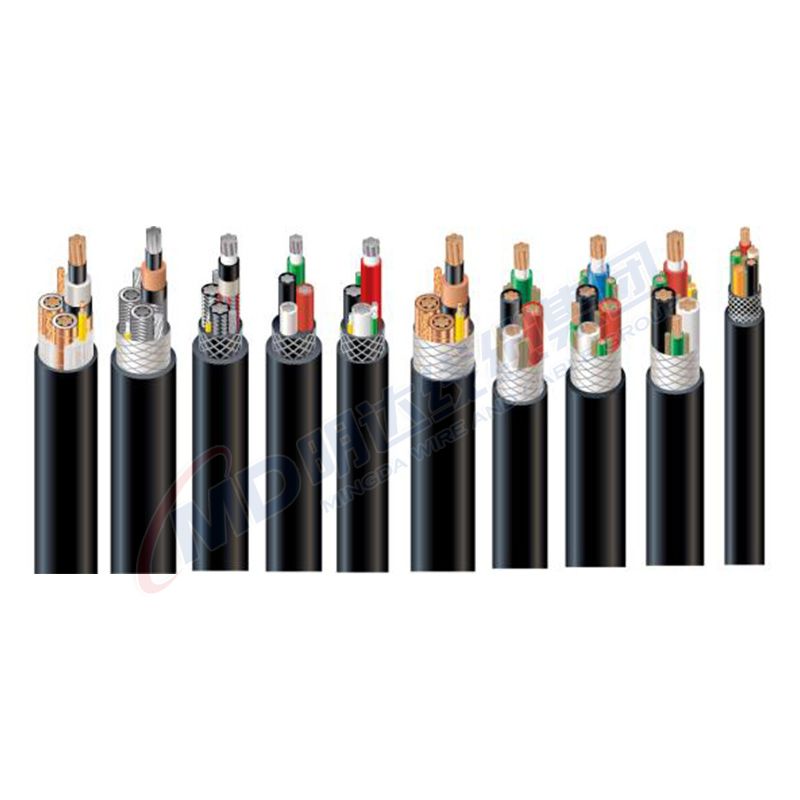10 月 . 11, 2024 02:02 Back to list
ductile iron ball valve
Understanding Ductile Iron Ball Valves
Ductile iron ball valves are critical components in various industrial applications, renowned for their strength, durability, and reliability. These valves are designed to regulate fluid flow, providing a dependable solution for controlling the movement of liquids and gases in a pipeline system. This article explores the characteristics, benefits, applications, and maintenance of ductile iron ball valves.
What is Ductile Iron?
Ductile iron, also known as ductile cast iron or spheroidal graphite iron, is an alloy characterized by its high strength and excellent toughness. Unlike traditional gray cast iron, which can be brittle and susceptible to cracking, ductile iron incorporates a small percentage of alloying elements, primarily magnesium, during the casting process. This transformation alters the way graphite is formed, resulting in a spherical shape. The spherical graphite gives ductile iron its excellent ductility and strength properties, making it suitable for demanding applications.
Features of Ductile Iron Ball Valves
Ductile iron ball valves typically consist of a spherical plug (the ball) that serves as the primary mechanism for controlling fluid flow. The ball has a hole or port in the center, allowing fluid to pass through when aligned with the opening in the valve body. When the valve is turned, the ball rotates to seal or unseal the flow path, providing a reliable on/off mechanism.
Key features of ductile iron ball valves include
1. Corrosion Resistance Ductile iron valves are often coated with protective materials, such as epoxy or paint, to defend against corrosion, making them ideal for various environments.
2. High Pressure Handling Due to their robust construction, these valves can withstand high pressure and temperature ranges, making them suitable for critical industrial processes.
3. Sealing Performance The design provides an excellent sealing capability, ensuring minimal leakage and allowing for precise flow control.
4. Versatility Ductile iron ball valves can be employed in various applications, including water supply, natural gas, chemical processing, and HVAC systems.
Benefits of Ductile Iron Ball Valves
Ductile iron ball valves offer several advantages over other valve materials
1. Strength and Durability The inherent strength of ductile iron makes these valves capable of handling harsh conditions, extending their service life and reducing replacement frequency.
3. Ease of Operation These valves require only a quarter turn to open or close, facilitating quick and easy operation even in high-pressure applications.
ductile iron ball valve

4. Safety With their robust construction and excellent sealing capabilities, ductile iron ball valves contribute to safer operations, minimizing the risk of leaks and system failures.
Applications
Ductile iron ball valves are utilized across various sectors due to their versatility. Common applications include
- Water Supply and Distribution Essential in municipal water systems for controlling flow and managing water pressure.
- Oil and Gas Used in pipelines and processing facilities where the safe transfer of oil and gas is critical.
- Chemical Processing Suitable for handling corrosive chemicals, thanks to their resistance to corrosion.
- HVAC Systems Employed in heating, ventilation, and air conditioning systems for regulating fluid flow.
Maintenance of Ductile Iron Ball Valves
While ductile iron ball valves are relatively low maintenance, routine checks should still be performed to ensure optimal performance. Key maintenance tips include
1. Regular Inspections Check for any signs of wear, damage, or corrosion, especially around the seals and connections.
2. Operational Checks Exercise the valve periodically to ensure it operates smoothly without stiffness or obstruction.
3. Lubrication If necessary, apply lubricants to the moving parts to prevent seizing and ensure a long service life.
4. Cleaning Keep the valves clean from debris and buildup to maintain efficiency and performance.
Conclusion
Ductile iron ball valves are integral to modern industrial processes, providing a reliable solution for fluid control. Their strength, durability, and versatility make them a superior choice in various applications, ranging from water distribution to chemical processing. With proper maintenance, these valves can provide exceptional service and reliability, contributing to the overall efficiency and safety of industrial operations. Understanding the features and benefits of ductile iron ball valves empowers users to make informed choices, ensuring the longevity and effectiveness of their fluid control systems.
Share
-
Understanding the Differences Between Wafer Type Butterfly Valve and Lugged Butterfly ValveNewsOct.25,2024
-
The Efficiency of Wafer Type Butterfly Valve and Lugged Butterfly ValveNewsOct.25,2024
-
The Ultimate Guide to Industrial Swing Check Valve: Performance, Installation, and MaintenanceNewsOct.25,2024
-
Superior Performance with Industrial Swing Check Valve: The Essential Valve for Any SystemNewsOct.25,2024
-
Industrial Swing Check Valve: The Ideal Solution for Flow ControlNewsOct.25,2024
-
You Need to Know About Industrial Swing Check Valve: Functionality, Scope, and PerformanceNewsOct.25,2024